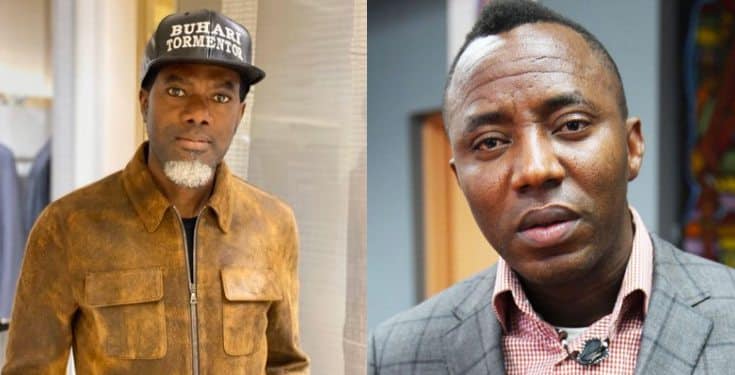

My father is the oldest man in his generation and the head of our extended family. Last year, I travelled from Abuja, where I live, to Umujieze for my parents’ forty-sixth wedding anniversary. Even my cousins who lived abroad learned that we had made it into the history books. saw Nwaubani Ogogo’s name mentioned in a textbook about the slave trade.

In the nineteen-sixties, a family friend who taught history at a university in the U.K. When I was about eight, my father took me to see the row of ugba trees where Nwaubani Ogogo kept his slaves chained up. Throughout my upbringing, my relatives gleefully recounted Nwaubani Ogogo’s exploits. My family inherited his canvas shoes, which he wore at a time when few Nigerians owned footwear, and the chains of his slaves, which were so heavy that, as a child, my father could hardly lift them. Nwaubani Ogogo was so esteemed that, when he died, a leopard was killed, and six slaves were buried alive with him. To inform him of their impending arrival and verify their identities, guests sent him envelopes containing locks of their Caucasian hair.įuneral rites for a distinguished Igbo man traditionally include the slaying of livestock-usually as many cows as his family can afford. He built a guesthouse on the land where my parents’ home now stands, and hosted British dignitaries. He presided over court cases and set up churches and schools. (By his death, he had dozens of wives.) His influence drew the attention of colonial officials, who appointed him chief of Umujieze and several other towns. To win his favor, local leaders gave him their daughters in marriage. Slavery had already been abolished in the United States and the United Kingdom, but his slaves were legally shipped to Cuba and Brazil. His agents captured slaves across the region and passed them to middlemen, who brought them to the ports of Bonny and Calabar and sold them to white merchants.
#Igbos are thinking home now license#
(This became our family name.) In the late nineteenth century, he carried a slave-trading license from the Royal Niger Company, an English corporation that ruled southern Nigeria.
#Igbos are thinking home now skin#
My great-grandfather was given the nickname Nwaubani, which means “from the Bonny port region,” because he had the bright skin and healthy appearance associated at the time with people who lived near the coast and had access to rich foreign foods. I don’t want to see them again.’ ” Between the fifteenth and nineteenth centuries, nearly one and a half million Igbo slaves were sent across the Middle Passage. Sometimes a family would sell off a disgraced relative, a practice that Ijoma Okoro, a professor of Igbo history at the University of Nigeria, Nsukka, likens to the shipping of British convicts to the penal colonies in Australia: “People would say, ‘Let them go. Igbo traders began kidnapping people from distant villages. When the transatlantic trade began, in the fifteenth century, the demand for slaves spiked. The practice differed from slavery in the Americas: slaves were permitted to move freely in their communities and to own property, but they were also sometimes sacrificed in religious ceremonies or buried alive with their masters to serve them in the next life. Long before Europeans arrived, Igbos enslaved other Igbos as punishment for crimes, for the payment of debts, and as prisoners of war. “He dealt in palm produce and human beings.” “He was a renowned trader,” my father told me proudly. Nwaubani Ogogo was a slave trader who gained power and wealth by selling other Africans across the Atlantic. Down the hill, near the river, in an area now overrun by bush, is the grave of my most celebrated ancestor: my great-grandfather Nwaubani Ogogo Oriaku. My eldest brother, Nnamdi, was born while my parents were studying in England, in the early nineteen-seventies my father, Chukwuma, preserved the dried umbilical cord and, eighteen months later, brought it home to bury it by the front gate. My umbilical cord is buried on the grounds, as are those of my four siblings. My grandmother Helen, who helped establish a local church, is buried near the study. My grandfather Erasmus, the first black manager of a Bata shoe factory in Aba, is buried under what is now the visitors’ living room. Traditionally, the Igbo people bury their dead among the living, and the ideal resting place for a man and his wives is on the premises of their home. My parents’ home, in Umujieze, Nigeria, stands on a hilly plot that has been in our family for more than a hundred years.


 0 kommentar(er)
0 kommentar(er)
